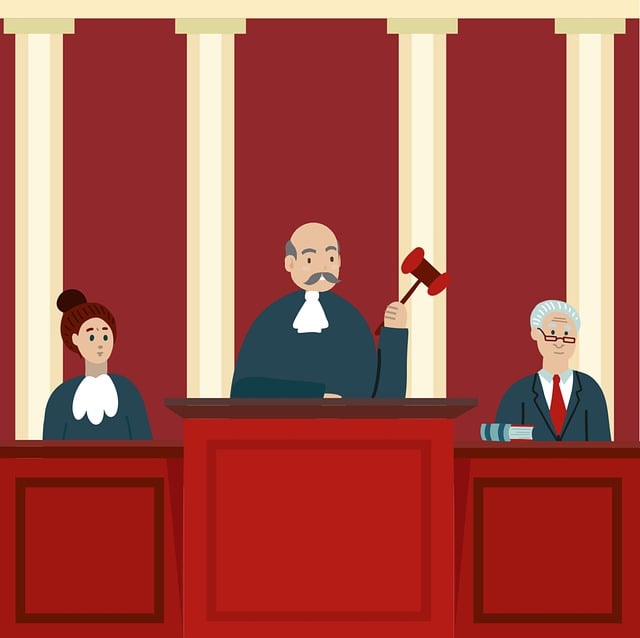Dog bite laws, varying by region, are crucial civil litigation components that protect individuals from canine harm. Strict liability statutes simplify claims, holding owners accountable for their pets' actions and ensuring consistent care standards. These laws influence settlement negotiations to complex arguments, with plaintiffs seeking damages and defendants facing challenges if negligence is proven. Extending to employment disputes and wrongful death claims, dog bite legislation promotes public safety by deterring neglect, proper care, and vaccination records, reducing incidents and influencing broader caregiver negligence reforms.
Dog bite incidents can have severe physical and emotional consequences for victims, making dog bite laws a crucial aspect of civil litigation. These laws vary by jurisdiction, governing liability when dogs cause harm. This article delves into the legal landscape of dog bite regulations, exploring their impact on cases and potential for prevention through reform. We analyze key considerations in understanding and navigating these laws, shedding light on their role in safeguarding public safety and resolving disputes related to canine attacks.
- Understanding Dog Bite Laws: A Legal Perspective
- The Impact on Civil Litigation: Cases and Consequences
- Prevention and Reform: Enhancing Public Safety through Legislation
Understanding Dog Bite Laws: A Legal Perspective

Dog bite laws are a crucial aspect of civil litigation, designed to protect individuals from potential harm caused by canine attacks. These laws vary across jurisdictions but generally establish liability for dog owners when their pets cause injury to others. From a legal perspective, understanding these regulations is essential for both victims seeking compensation and defendants aiming to defend against claims.
In many places, strict liability statutes govern dog bite cases, meaning the victim doesn’t need to prove negligence or intentional harm. Instead, establishing that a dog bit and caused injuries is sufficient. This legal framework ensures a consistent standard of care and provides a clear path for victims to seek justice, especially in instances where a dog’s unprovoked aggression leads to serious physical harm, similar to cases involving truck accidents or slip and fall incidents. Unlike other types of personal injury claims, such as wrongful death suits, dog bite laws often focus on the negligence of the owner rather than the dog’s actions alone.
The Impact on Civil Litigation: Cases and Consequences

The impact of dog bite laws on civil litigation is profound, shaping the landscape of legal proceedings related to animal-related incidents. These laws play a pivotal role in determining the course and outcome of cases, with far-reaching consequences for both plaintiffs and defendants. When a dog bite occurs, understanding the applicable legislation is essential as it dictates the process of seeking compensation or resolving disputes.
Dog bite laws vary across jurisdictions, but they generally establish liability standards and guidelines for handling such incidents. As a result, civil litigation involving dog bites may lead to various outcomes, from monetary settlements to complex legal debates. For instance, successful plaintiffs can recover damages for medical expenses, pain and suffering, or even punitive damages in severe cases. Conversely, defendants may face challenges in defending against these claims, especially if negligence or liability is clearly established. Furthermore, the presence of dog bite laws also influences other civil litigation areas, such as employment disputes or wrongful death claims, where animal attacks might be a contributing factor, necessitating a comprehensive legal approach that considers these unique circumstances.
Prevention and Reform: Enhancing Public Safety through Legislation

Prevention and Reform: Enhancing Public Safety through Legislation
Dog bite laws play a pivotal role in ensuring public safety by establishing guidelines for liability when dogs cause harm. These laws serve as deterrents, encouraging pet owners to take responsibility for their pets’ behavior. Through stringent regulations, communities can discourage neglect, abuse, or unsupervised interactions with potentially dangerous canines. The primary focus of dog bite legislation is to protect vulnerable individuals, including children and the elderly, who may be more susceptible to severe injuries from dog attacks.
Moreover, these laws facilitate civil litigation by providing a clear framework for suing liable parties in cases of dog-induced injuries. A comprehensive dog bite law addresses various aspects, such as owner negligence, proper restraint, and vaccination records, to ensure accountability. By holding owners accountable for their pets’ actions, these legal measures aim to reduce the occurrence of dog bites and promote a culture of responsible pet ownership. This proactive approach extends beyond individual cases, potentially impacting commercial disputes involving animal attacks and even inspiring reforms in addressing caregiver negligence in various settings.
Dog bite laws play a pivotal role in civil litigation, shaping legal outcomes and public safety measures. By understanding these laws from a legal perspective, their impact on cases can be fully comprehended. The discussion of prevention and reform highlights the ongoing efforts to enhance legislation for better community protection. These laws serve as a crucial framework, guiding both legal processes and societal awareness towards responsible pet ownership and bite prevention.






